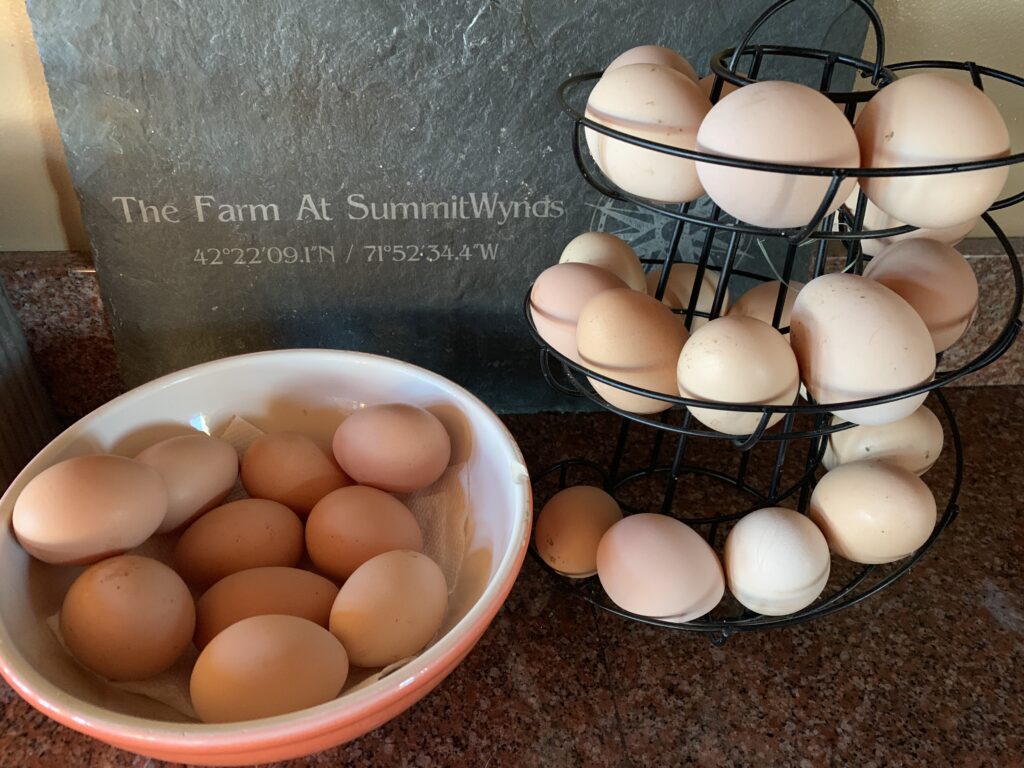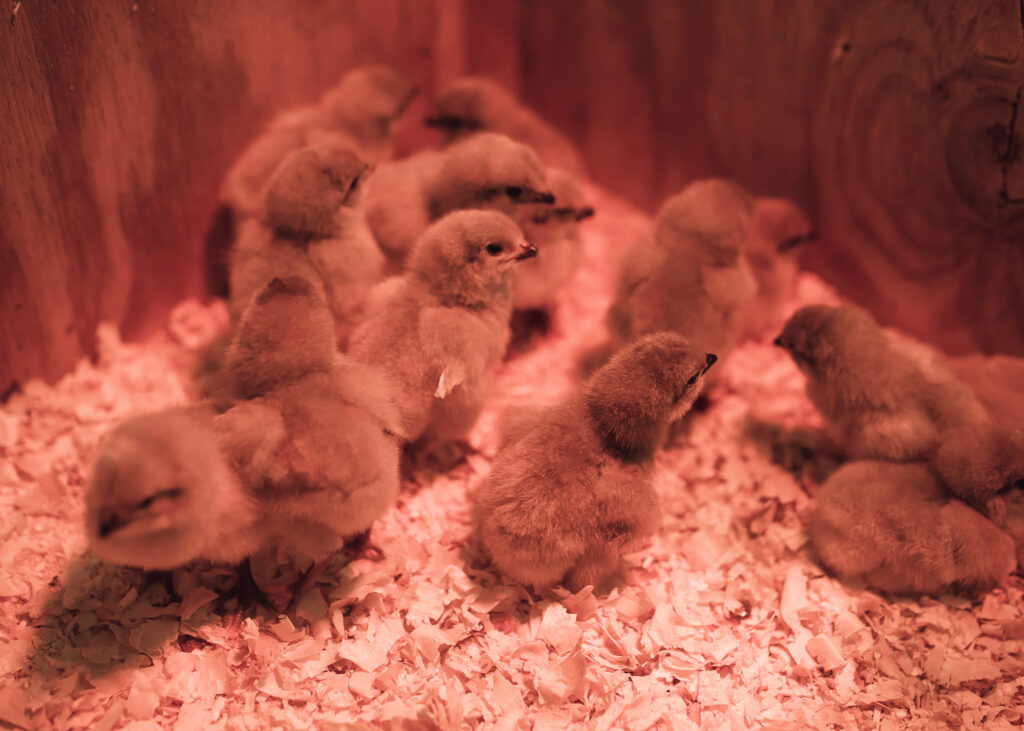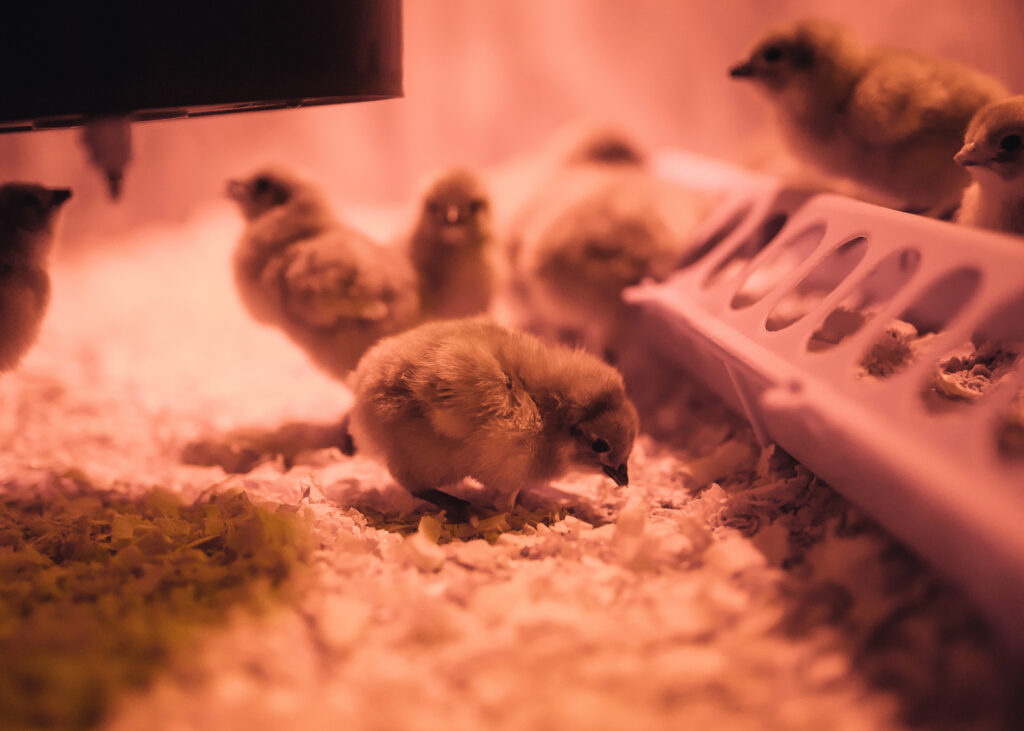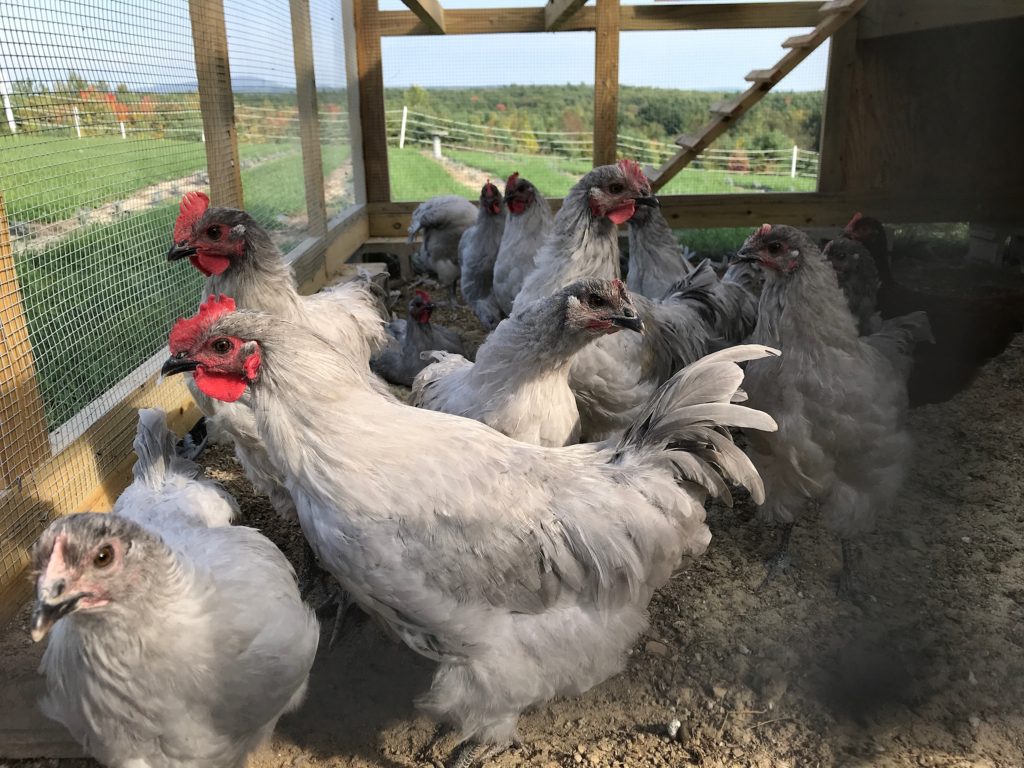Lesson #1 from The Farm
We thought we would create a few educational posts for all the parents who are working so hard looking for lessons for their children. Here is the first of our Lessons from The Farm.
We've put 12 of our Lavender Orpington eggs into the incubator (on April 7th). Follow along on our Facebook Page to watch the hatching which should be around April 28th.
COLORING CONTEST:
We're offering a free coloring sheet for kids to create their own masterpiece.
Be sure to post your child's drawing on our Facebook page. We'll randomly select one and they will receive a 4 pack of general admission tickets to one of our Farm Festivals in 2020.
Come visit our Lavender Orpington Chickens and our Chicken Hatching Room at our Festivals.
Lavender Farm Fest is June 27 & 28, 2020
Sunflower Farm Fest is August 29 & 30, 2020

ABOUT LAVENDER ORPINGTONS
Lavender Orpington Chickens are a true beauty and rarity. Lavender, also known as “self-blue” are not like your typical blue chickens. Lavender Orpingtons will breed true and all of the offspring will be the Lavender color. Orpingtons are large and fluffy clean legged chickens. They are super docile and great with children, making them one of the best options for your backyard family flock. They lay 3-4 lightly tinted, almost pink eggs each week.
Orpington Chickens were developed by William Cook in the 1800s and named after his hometown, Orpington, England. The Lavender Orpington Chickens lay 175 - 200 lightly tinted eggs per year and are considered a sustainable heritage breed.
DID YOU KNOW?Here are some interesting facts about chickens.....
- A hen has to eat about four pounds of feed to make one dozen eggs.
- It only takes about 26 hours for a hen to produce an egg, and 21 days for the egg to incubate and hatch.
- Most eggs are typically laid in the morning between 7am and 11am.
- The record number of eggs laid by a chicken in one day is 7. The record number for eggs laid by a chicken in one year is 371.
- A mother hen turns her eggs about 50 times per day, and can lay more than 300 eggs per year.
Read more interesting facts at The Fact Site

Lavender Orpington Eggs 
Lavender Orpington Chicks 
Lavender Orpington Chicks 
Lavender Orpington Chickens




